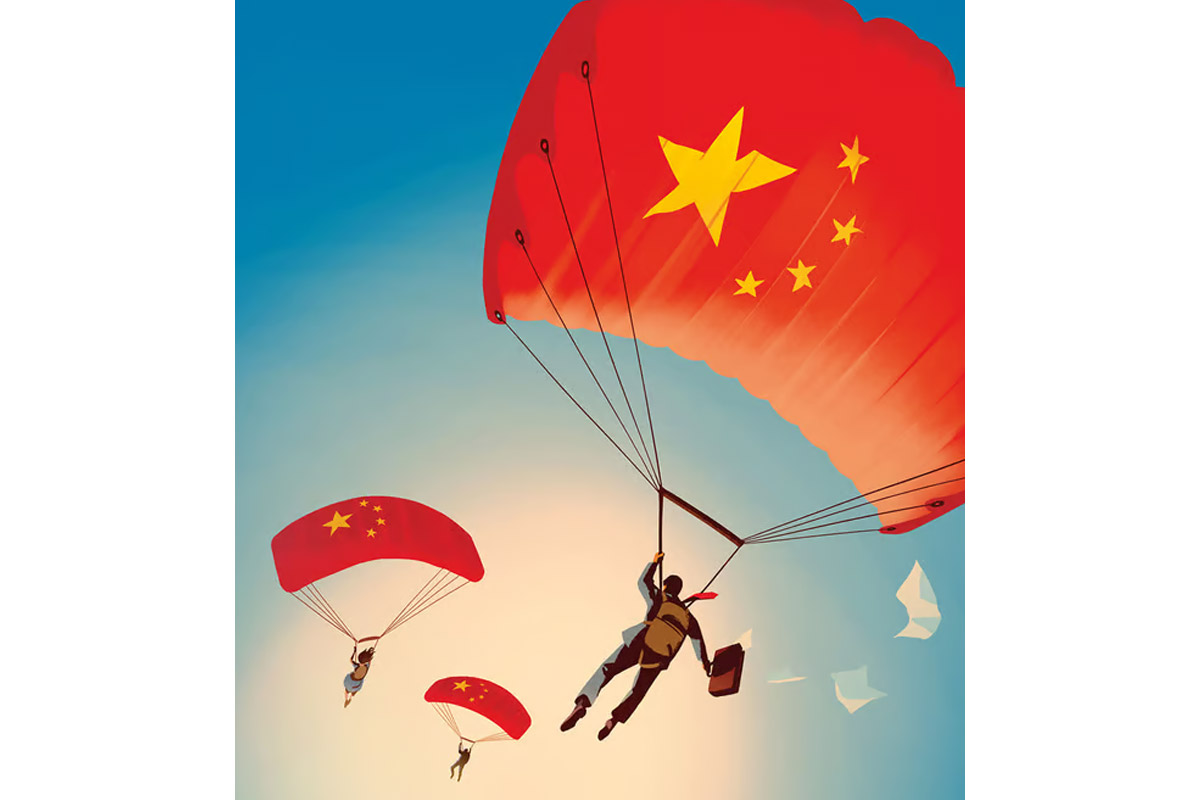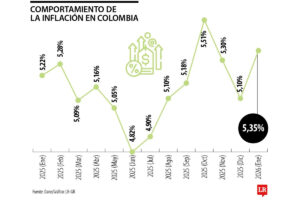Their expansion abroad holds important lessons for Western incumbents
Since the end of the cold war the rich world’s corporate giants have been the dominant force in global commerce. Today consumers and workers in almost every country are touched in some way by the world-spanning operations of multinational firms from America, Europe and, to a lesser extent, Japan. These leviathans are now under threat, as Chinese firms in industries from cars to clothing expand abroad with startling speed. A new commercial contest has begun. Its battleground is neither China nor the rich world, but the fast-growing economies of the global south.
The expansion of Chinese business is taking two forms. One is through globalised supply chains. Greenfield foreign direct investment by Chinese firms tripled last year, to $160bn. Much of that was spent building factories in countries from Malaysia to Morocco. Less noticed is the fact that Chinese firms are also pursuing the 5bn consumers who live in the rest of the developing world. Since 2016, listed Chinese firms have quadrupled their sales in the global south, to $800bn, and now sell more there than in rich countries. For the West, attempting to deal with China’s rise, that holds uncomfortable lessons.
Chinese businesses are looking abroad partly because of slowing economic growth and ferocious competition at home. They are chipping away at the dominance of incumbent multinationals everywhere from Indonesia to Nigeria. Transsion, an electronics firm, produces half of the smartphones purchased by Africans. Mindray is the leading supplier of patient-monitoring systems in Latin America. Chinese makers of electric vehicles (EVs) and wind turbines are expanding in the developing world, which also happens to be home to nine of TikTok’s ten biggest markets.
The precise shape of Chinese expansion is, however, a consequence of policies of governments in the West and China. As rich countries erect trade barriers to keep out Chinese goods, including solar panels and evs, some Chinese firms are attempting to skirt restrictions by shifting production to the global south. At the same time, selling to emerging markets in their own right has become more attractive, too. The companies’ path has been smoothed by the efforts of China’s government to build diplomatic ties with the global south, notably by facilitating $1trn of infrastructure investment through the Belt and Road Initiative (BRI). As the West has turned inward, China and the rest of the emerging world have drawn closer.
At a time when globalisation is under attack, this holds an important lesson for policymakers: that trade can bring extraordinary benefits. Billions of lives will be enhanced by a wider choice of cheap, innovative and green goods. Transsion’s $100 smartphones mean that some of the world’s poorest people now have at their fingertips all the knowledge and services the internet has to offer. Affordable medical devices will save countless lives. Low-cost climate-friendly technologies make it more likely that developing countries will be able to keep their greenhouse-gas emissions in check even as they get richer and their populations grow.
For governments in the global south, the lesson is more subtle. Policymakers in host countries have an opportunity to enrich their own consumers, create jobs, and foster innovation and competition. But to do so they will need to steer between protectionism on one hand, and passivity on the other.
As in the West, local industries competing with Chinese companies will cite China’s fondness for subsidies and seek special protection. Already, Brazil has introduced tariffs on evs, and some Chinese exports are facing levies in Indonesia. Yet to shut out Chinese products would deprive consumers of the benefits of choice and innovation, and shield unproductive and stagnant local industries from competition. But policymakers should also beware of being too lax. Some have already been burnt as BRI debts went sour. Much of the business being done by Chinese firms in the global south today involves only final assembly. Many firms are reported to bring in Chinese workers, rather than hire locally. For developing economies to truly benefit, they should press Chinese firms to employ more local workers, share technology and heed local environmental and labour standards.







